Europe and the Nationalist Gambit
Europe's nationalist wave divides Europe.
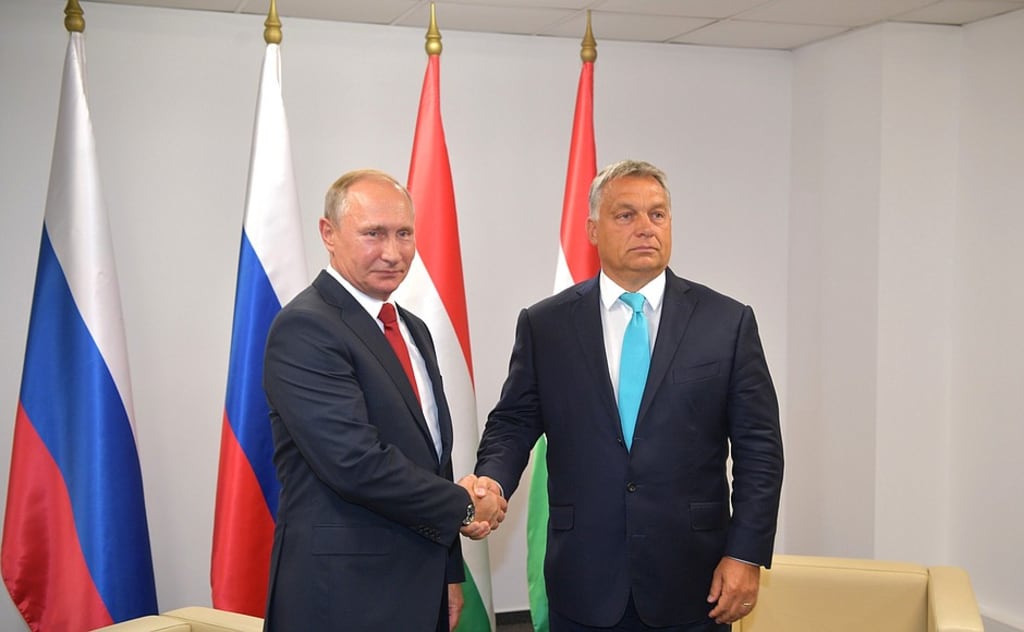
The state of European politics is in disarray. The political chaos in Italy highlights a swift shift to the right. The main driver behind the rightward departure is immigration, or more honestly the ethnic implications of immigration.
Europe is no stranger to refugees. After the second World War, millions of war refugees settled and shifted around Europe in the aftermath of the destruction. Europe has long hosted large diasporas from Turkey and North Africa. Neither is Europe a stranger to notions of cultural superiority and ethnic supremacy.
Italy represents only the most recent development in an increasingly fragmented and disillusioned Europe. The migrant crisis which came to a head in 2015 presented Europeans with a question of fundamental importance; how far was Europe willing to go to uphold its liberal values and obligations under international law? Was erasure of culture and an increasingly diverse ethnic makeup a price Europe was willing to pay? It is not difficult to name ethnonationalism as the raison d'être of the Italian populist right, given their first major policy objectives were to deport 500,000 illegal African migrants and explore methods to increase birth rates.
Populist and far right parties have come to redefine the political divide in Europe. Traditional right/left dichotomies do little to explain the differences between Matteo Salvini and Emmanuel Macron. In Italy political upheaval was initiated by the sudden rise of parties like the Northern League and the 5 Star Movement. Both reject traditional neo-liberal economic policy opting for policies ensuring the social cohesion (Read: white ethnocentrism) above economic growth. Add in Euro-skepticism and the nationalist gambit amounts to a threat for EU members such as Germany and France.
The sentiment can be felt in other countries around Europe. In Hungary, Viktor Orbán has led an increasingly manic populace into a nationalist fever dream. His hard line on refugees and immigration has fared well with the electorate, his approval remains high. His supporters remained unfazed even as his administration is plagued by corruption, and as signs of dangerous authoritarianism proliferate. Orbán has gone to war with George Soros, the millionaire Hungarian whose charity works to fund progressive movements around the world.
Some would think that the publishing of a list of enemies of state, the building of a razor wire fence, and calls to put refugees in camps would be alarming, but the public across the west has become so used to constant, over-the-top rhetoric, that it no longer is able to see speech as a threat. Any outside information in the ethnonationalist mind amounts to confirmation bias. Objectivity and truth are respected up until the point the ethnonationalist narrative is no longer supported. Objectively, these developments are concerning given Europe's history but little has been done to change the sentiment.
The rest of Eastern Europe has fallen under a new iron curtain, one of restrictive borders and racism under the guise of ethnonationalism. The Visegrád group, consisting of Hungary, Poland, Slovakia, and the Czech Republic defended themselves from EU legal actions. Putin has supported these parties, both materially and in the information war. It would be ignorant not to mention the Russian involvement in the US and French presidential elections as well. Putin's involvement in the rightward shift does not, however, negate the real sentiments fueling the political upheaval. On the same token, American figures of the far right are attempting to radicalize Europeans with Steve Bannon planning Breitbart operations in Europe and American Neo Nazi groups such as Identity Evropa attempting to influence European ethnic sentiments.
Europe remains at a crossroads in which it is deciding which political road. Bickering within the EU between traditional liberal establishment and the nouveau populist wave leaves Europe divided. Much of what Europe is afraid of, growing increasingly irrelevant in the world, is at stake when political efforts are used to fight domestically. The political establishment of Europe rightfully views the rising right as a threat to their political monopoly, but is not well equipped to fight them. To do that, significant reforms and improvements to the immigration/asylum system would need to be made which shows no sign of coming to fruition. Europe ought not to be shocked as the political ideology spreads. The future will tell if enough was done to stop it.
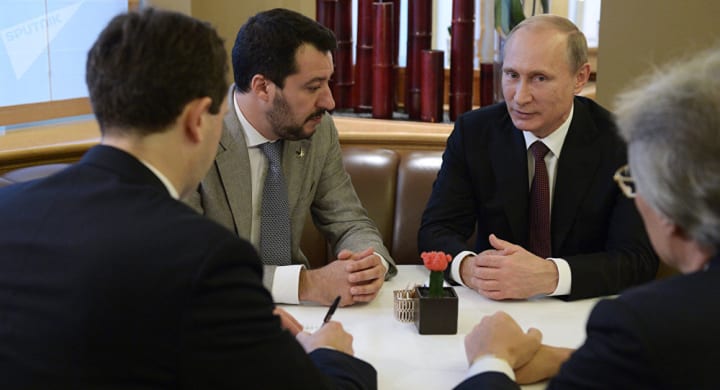
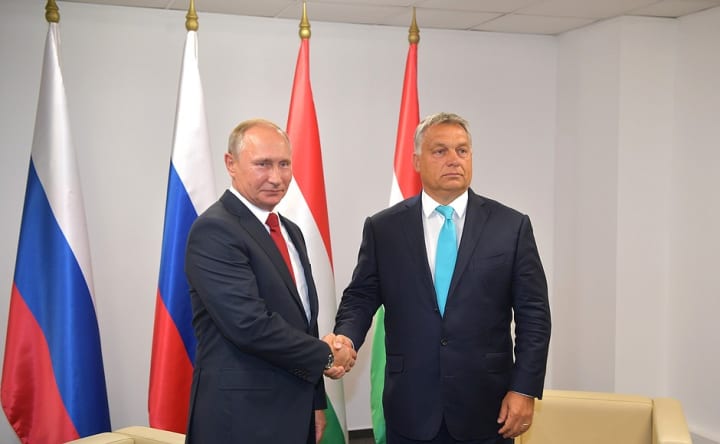
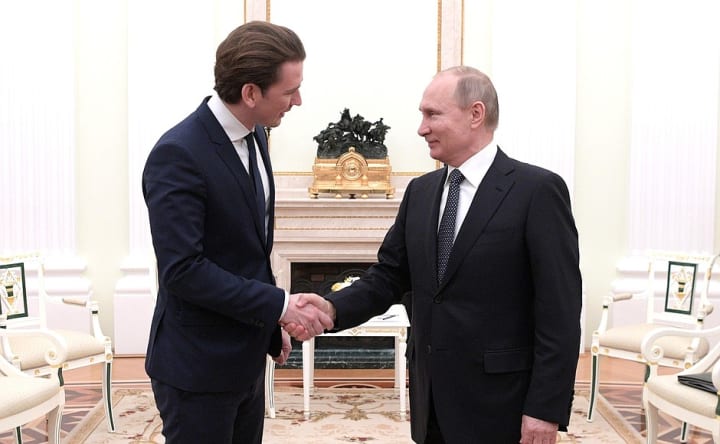
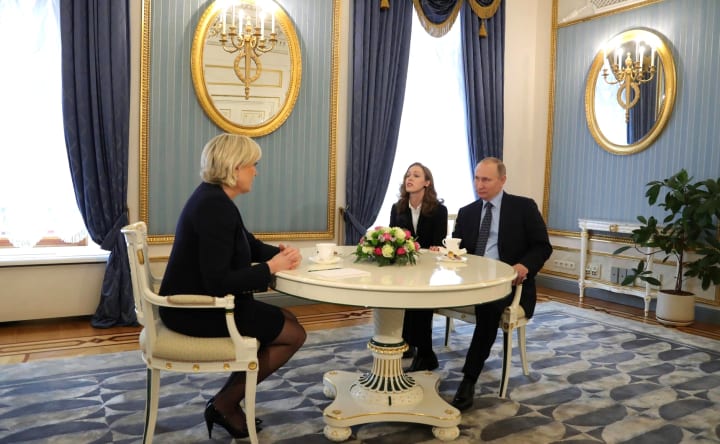
About the Creator
Nathaniel Purtell
Nathan comments on politics and culture. He also writes for the Diplomatic Envoy, commenting frequently on events in European domestic politics and its foreign policy implications.






Comments
There are no comments for this story
Be the first to respond and start the conversation.